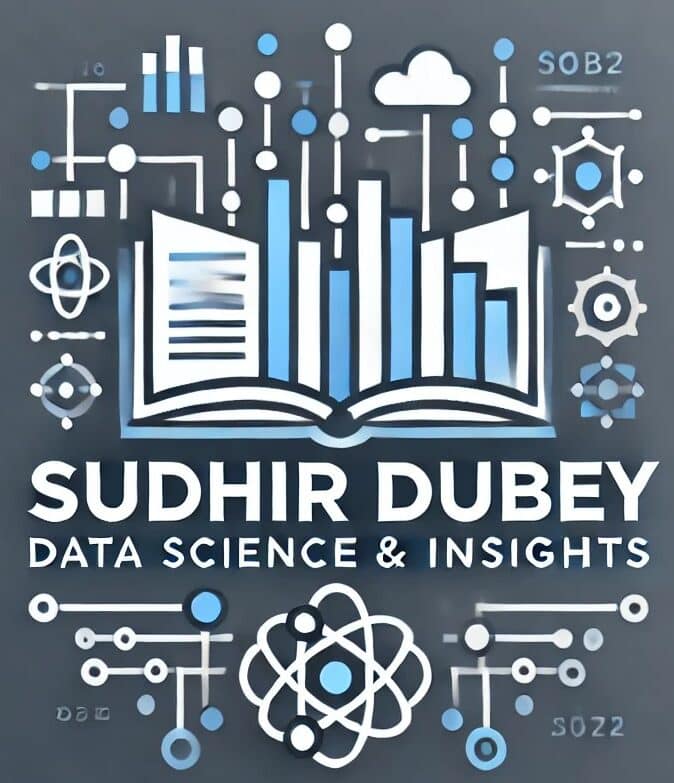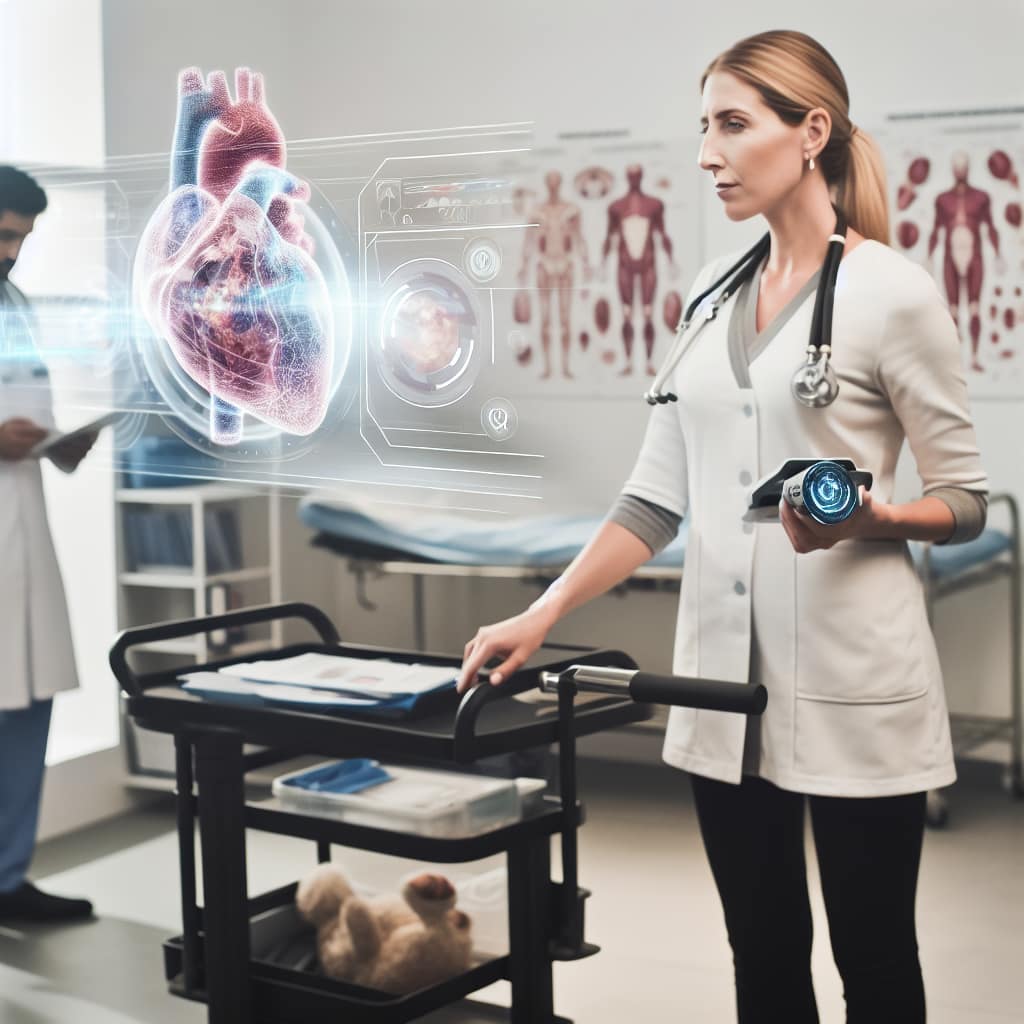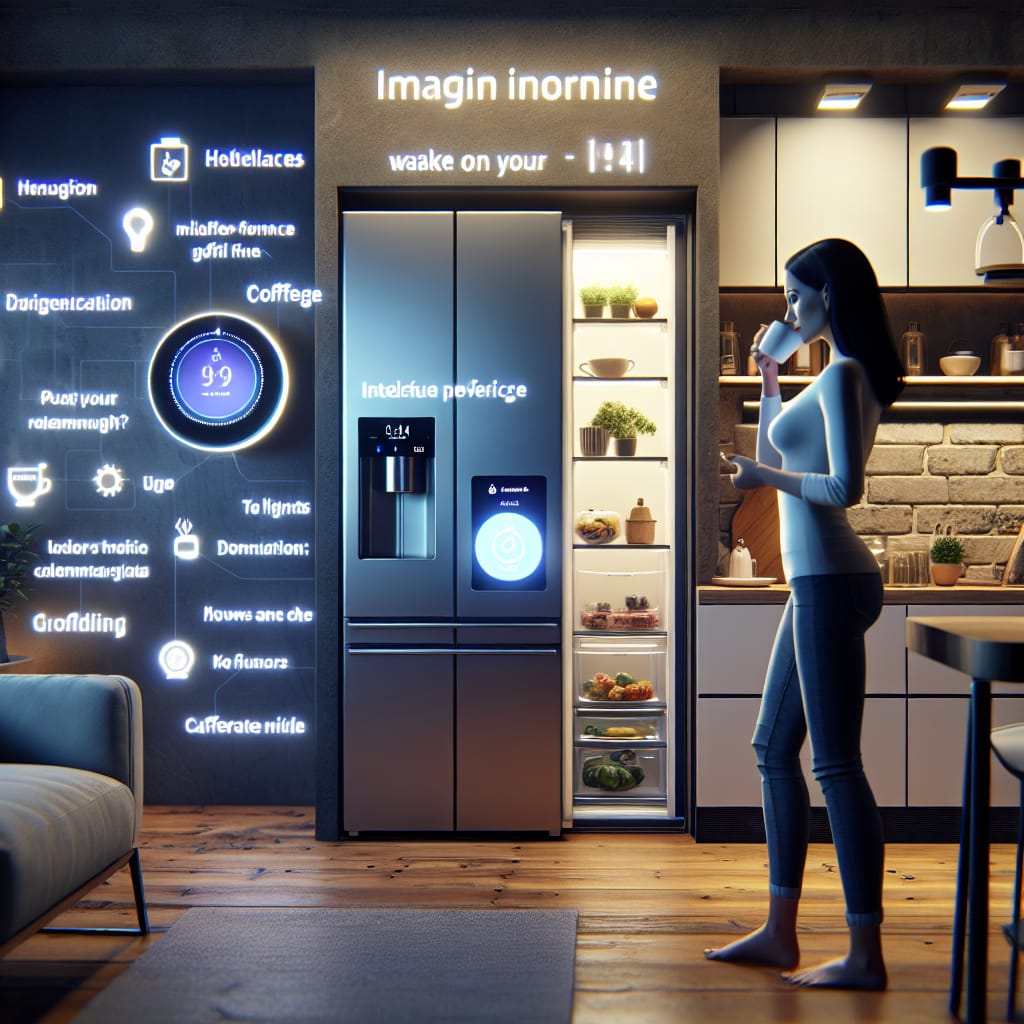Advanced AI in Healthcare: Essential Trends in Disease Detection for 2025
As the demand for more accurate and efficient healthcare solutions grows, the role of AI in healthcare is increasingly indispensable. Emerging technologies are empowering medical professionals with powerful tools for disease detection and treatment planning, offering a pivotal shift in diagnostics. From reducing diagnostic errors to enabling personalized patient care, medical AI is reshaping how conditions are identified and managed. This article delves into the advanced applications and trends that professionals in AI and data science must understand to remain at the forefront of this evolving field.
Table of Contents
AI-Powered Diagnostics
The integration of AI in healthcare has witnessed remarkable advancements in diagnostics, particularly in identifying conditions earlier and with greater accuracy. Algorithms can analyze complex datasets, including medical imagery, genetic information, and patient history, to offer diagnostic insights that were previously unattainable. These AI systems not only work faster than traditional methods but also learn over time, continually improving their effectiveness.
Frameworks and Tools for Medical AI
TensorFlow’s Impact
TensorFlow, Google’s open-source platform, has become a significant tool for developing medical AI applications. Its extensive libraries support high-performance models capable of processing vast amounts of healthcare data quickly and accurately, making it an indispensable resource for developers.
PyTorch in Healthcare
PyTorch offers a flexible environment for building analytics models and provides seamless integration with other AI technologies. In healthcare, PyTorch applications have become essential for tasks like natural language processing of patient records and predictive analytics.
Emerging Technologies in Disease Detection
Genomic AI
Recent advances in genomic AI are unlocking new potentials in precision medicine. By analyzing genetic data, AI systems can identify patterns that predict diseases, offering personalized treatment options that are particularly effective for oncological and genetic conditions.
AI in Imaging Technologies
AI-powered imaging technologies have transformed radiology by enhancing the detection of tumors, fractures, and other anomalies with precision. These technologies reduce human error and allow for faster diagnosis, significantly impacting patient outcomes.
Real-World Applications and Case Studies
IBM’s Watson in Cancer Detection
IBM’s Watson has been instrumental in cancer detection, utilizing AI to analyze patient data and literature, leading to a notable increase in treatment accuracy for oncologists. This approach exemplifies how AI can assist in complex decision-making processes in medicine.
Google Health and Retinal Analysis
Google Health leverages AI to improve retinal analysis, predicting diabetic retinopathy with high precision. This system aids optometrists by providing rapid assessments, thereby preventing vision loss through early intervention.
Future Trends and Developments
The future of AI in healthcare diagnostics promises continued innovation and enhanced accessibility. Key trends include the increased integration of nanotechnology with AI for targeted treatments and the expansion of telehealth services, essential in remote diagnostics. As AI applications grow, ethical and regulatory considerations must evolve to ensure privacy and accuracy in patient care.
FAQs
How does AI improve diagnostic accuracy?
AI enhances diagnostic accuracy by analyzing large datasets quickly and recognizing patterns that may not be visible to the human eye, reducing errors and aiding early disease detection.
What are the ethical considerations of AI in healthcare?
Ethical considerations include data privacy, informed consent, and ensuring AI systems are free from biases that could affect healthcare equity and patient outcomes.
Can AI replace medical professionals?
AI is a tool to assist medical professionals, not replace them. It provides data-driven insights that aid in diagnosis and treatment, enhancing decision-making and patient care quality.
Conclusion
The integration of AI in healthcare for disease detection is set to revolutionize the industry by improving accuracy and personalizing treatment. Continued advancements in technology, like genomic AI and enhanced imaging methods, will drive this field forward. For AI and data science professionals, staying abreast of these trends is essential to unlock new opportunities in the future. To explore more about the evolving landscape of medical AI, subscribe to our updates or delve into our content on AI, GenAI, or Data Science.
Stay Connected with our latest updates.



